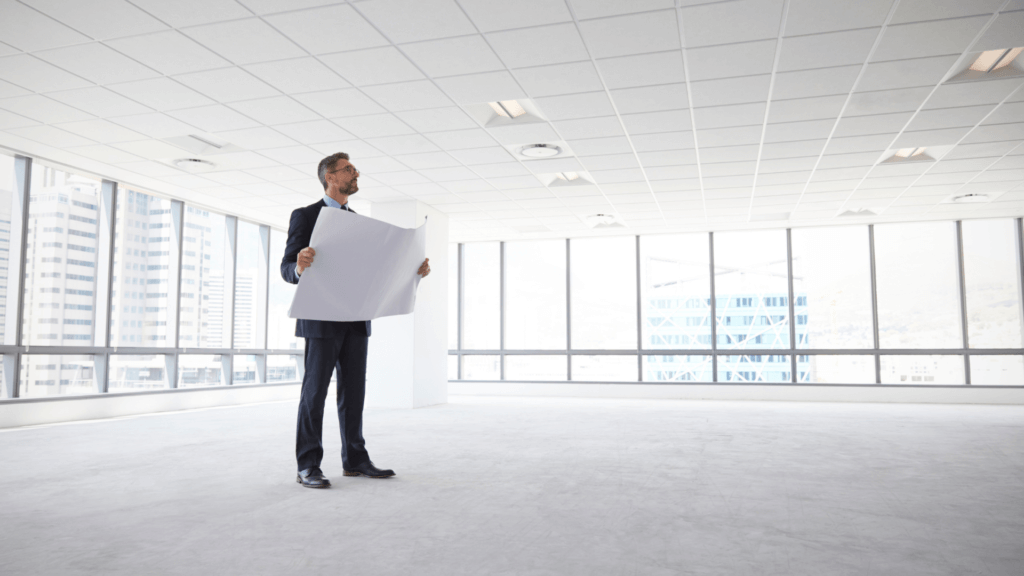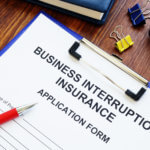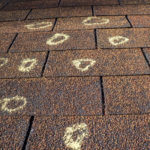
Commercial property insurance coverage can offer a safety net for business owners for damage caused by fire, natural disaster, burglary, or vandalism, for example. While this can provide some peace of mind, the coverage must encompass all potential threats to the property to be comprehensive. Knowing just how much commercial property damage coverage a business needs – and what particulars need to be addressed in the policy or policies – is incredibly important.
Commercial Property Damage Coverage
Commercial property insurance can cover a range of potential risks associated with owning a property. These include replacement costs or repairs to a property, and contents, or items within a building – such as any furniture, inventory, and signage for the business. It can also cover business income loss due to damage and items owned by someone other than the property owner.
No matter if it’s a small retail business, restaurant, or a large corporation, all businesses need commercial property damage coverage. Commercial property insurance can provide comfort to business owners by reducing the risks associated with unexpected circumstances. Before purchasing coverage, business owners should determine (1) what parts of the business and property need coverage, (2) what type of coverage is needed, and (3) what insurance companies may include when calculating premium costs. This can be a cumbersome process with several things that should be considered, including:
The Value of the Property
Knowing the overall value of the property is arguably one of the most important factors in determining how much commercial property coverage should be purchased. In calculating this, it’s important to take into account that not only the structure itself but also any equipment and other items, such as computers and furniture are accounted for. While the value of these internal items can be determined by keeping purchase records, calculating the value of the structure is a little different, as the purchase price of the property is not necessarily the same as how much it should be insured for.
When calculating the value of the property itself, business owners must make sure it is insured for the total replacement cost value. The replacement cost value of a business refers to how much it would cost to completely rebuild after a disaster like a hurricane, including the cost of labor and materials.
The Potential Cost of Insurance Premiums
An insurance premium is the amount of money that will be paid for the policy itself. This amount is determined by taking into account certain factors associated with the property, including:
- Property Construction and Age: This is important as building materials can impact insurance prices and some are more susceptible to damage than others. For example, a building constructed with wood will likely sustain more damage in a natural disaster than a brick building, which could make wood structures more expensive to insure. In addition, older structures without up-to-date infrastructure could also trigger a more costly premium.
- Property Location: Commercial properties located in more urban areas near a fire or police station, fire hydrants, or that have safety equipment like sprinklers installed in the building may be insured at a lower rate. Other risks associated with the property’s location, like the area’s crime rate or if it is in a flood plain or earthquake-prone area, could cause insurance rates to be higher. In addition, neighboring properties can also influence the cost of a commercial property policy. If the business is located near another that uses hazardous materials, the risk of potential damage is higher, increasing insurance premiums.
- Property Use: A property’s intended use can also impact its insurance premium because some businesses are viewed as being at a higher risk than others. If a commercial property is used as a restaurant or cafe, it is often more costly to insure than an office building due to possible kitchen hazards.
The Need for Additional Coverage
Depending on the nature of a business, the owners may need to obtain additional coverage or policy endorsements in order to be adequately covered. Some of the most common additional coverages associated with commercial property insurance include:
- Commercial Auto Insurance: If a business uses company cars, vans, trucks, or other automobiles, having additional coverage for commercial vehicles helps to protect the business if these vehicles are damaged or need to be replaced due to theft, accidents, natural disasters, and other covered events.
- Flood and Windstorm Insurance: If a property is located in a hurricane-prone area like Texas or Louisiana, business owners will need to purchase both flood and windstorm insurance policies. This is because events such as flooding, hurricanes, hailstorms, and tornadoes are generally excluded under standard commercial insurance policies.
- Equipment Breakdown Insurance: This coverage includes any expenses associated with repairing or replacing specialized equipment if it breaks down. It’s important to note that breakdowns caused by negligence or intentional damage will not be covered.
Commercial Property Insurance Coverage Attorneys
At Raizner Law, we understand the frustration that comes with ensuring a commercial property has adequate coverage. Unfortunately, even if a property is insured for all potential losses, insurers can still utilize bad faith tactics to avoid paying out on valid claims. Our experienced coverage attorneys know the many ways insurance companies attempt to delay, underpay, or deny valid claims. If you need assistance with your policy or an ongoing claim, contact our office today.


